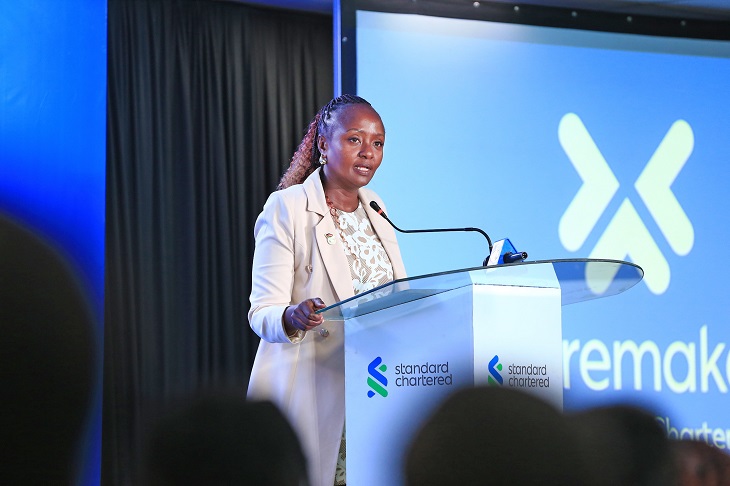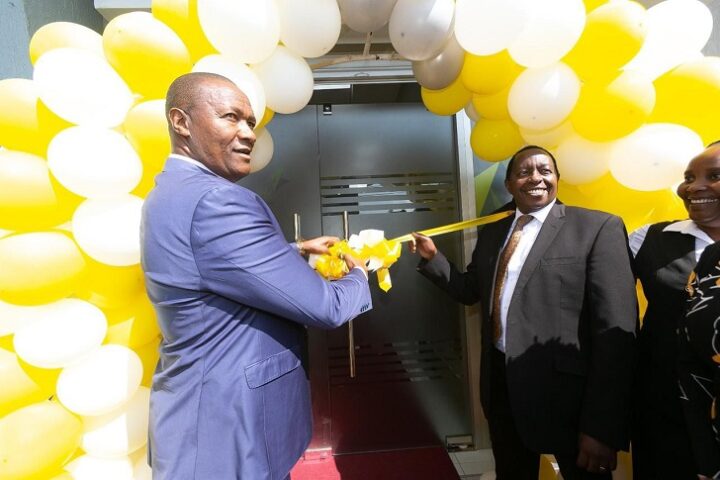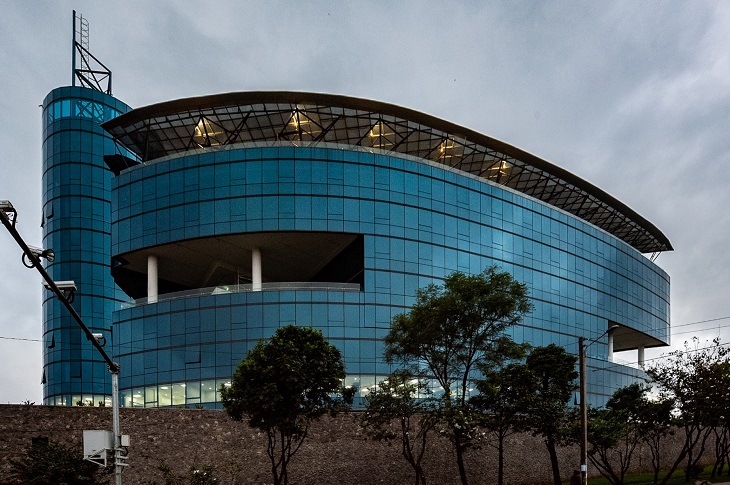The Stanbic Bank Kenya PMI® signaled broadly stable operating conditions across the private sector in April, as order book volumes and output levels were little changed since March.
The 12-month outlook continued to rebound sharply from February’s record low, and employment growth was maintained. Average input prices fell for the first time in nearly four years, driven by a record monthly fall in purchasing costs.
The headline figure derived from the survey is the Purchasing Managers’ Index™ (PMI). Readings above 50.0 signal an improvement in business conditions in the previous month, while readings below 50.0 show a deterioration.
The headline PMI registered fractionally above the 50.0 neutral mark at 50.1 in April, up from 49.7 in March. The latest reading was broadly in line with the trend for 2024 so far (50.2) and signaled a broad stabilization in operating conditions. Since the Stanbic Bank Kenyan survey began in January 2014 the PMI has trended at 51.3.
The volume of new business received by Kenyan private sector companies remained broadly stable in April, as has been the case throughout 2024 on balance. This continued a relative improvement compared with 2023 when new orders fell on ten occasions.
Total private sector output showed a similar trend in the latest period, with the sub-index close to the neutral threshold and the third-highest since January 2023. Outstanding business increased slightly for the third time in four months.
Expectations towards output over the next 12 months continued to recover strongly from February’s survey-record low, with overall sentiment the strongest since March 2023. Confidence reflected planned investment in marketing, capacity upgrades, new branches, recruitment, and growth in other African markets. Growth forecasts were strongest among service providers.
With confidence in the outlook returning, companies raised their employment numbers for the fourth month running during April. The rate of job creation picked up slightly since March but remained below the survey trend. April data signaled weaker price pressures in the Kenyan private sector.
Average input costs fell for the first time since June 2020, and for only the fourth time since the series began in 2014. The wholesale & retail sectors posted the biggest decline, while the only sectors to see input costs rise were agriculture and construction.
Purchase prices fell for only the second time in the survey history and at a record rate. Wages on the other hand rose at the fastest rate in eight months, albeit one that was modest overall.
Kenyan firms increased their purchases of inputs in April, only the fourth month-on-month growth seen in the past 15 months. The rate of expansion was modest, however, reflecting the lack of growth in new work in April.
Suppliers’ delivery times continued to fall on average as vendors competed for business, despite some reports of flooding causing delays. Concurrently, firms were able to expand their inventories for the third consecutive month.
Related Content: PMI Hits 51.3 As Business Conditions Improve In February













